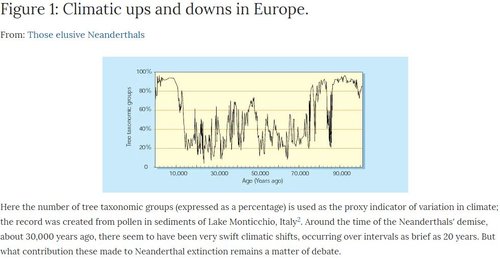- Joined
- 3 September 2006
- Messages
- 1,476
- Reaction score
- 1,475
I am sure that there were plenty such early civilisations around the Middle East and Eastern Mediterranean.How about a civ that would have found a way to evolve intellectually and have great power and stay in harmony with his environment , is that possible ? dunno...
Their obvious fate was to be conquered, butchered and enslaved by the nearest militaristic dictatorship. Your choice of Hittites, Pharaohs, Spartans, Romans, Babylonians, Medes, or plenty other early variants.
Being flower children in peace and harmony with nature is trumped any day by an aggressive militaristic a$$hole.
So much for Shalom Akhshav and the other idealistic lefties. Besides the fact that their economics don't work, they get butchered by everybody else. And there's no shortage of aggressive militaristic types in our beautiful Middle East...

